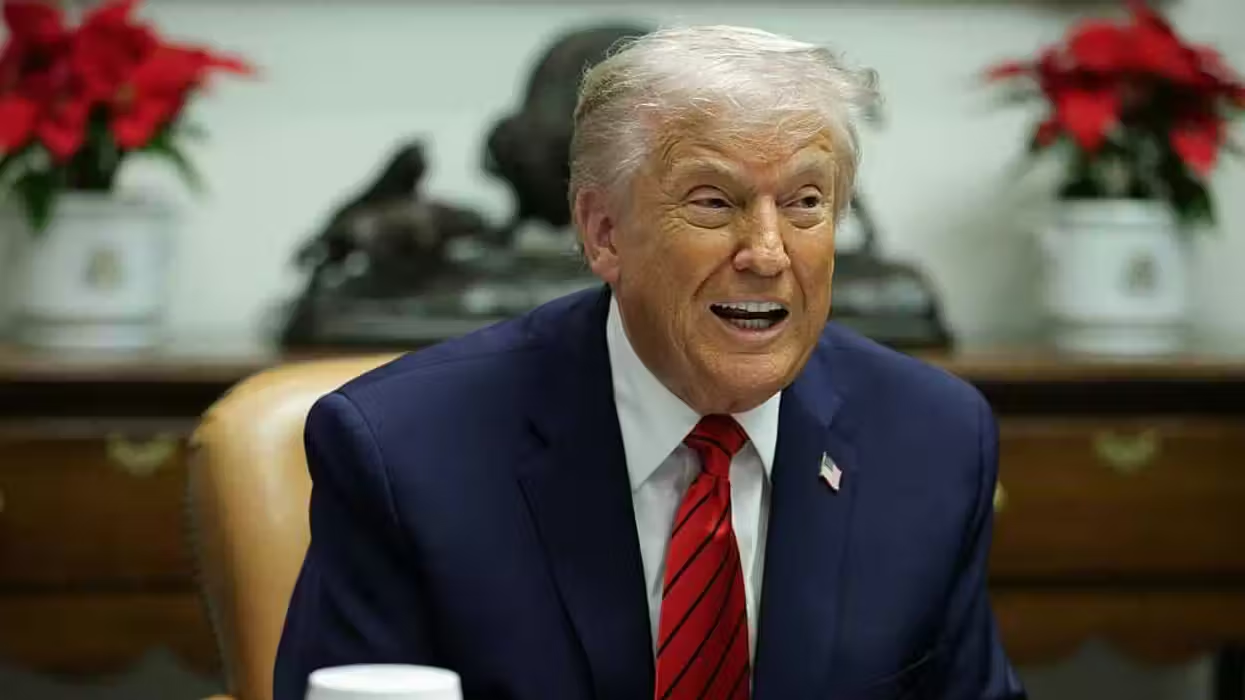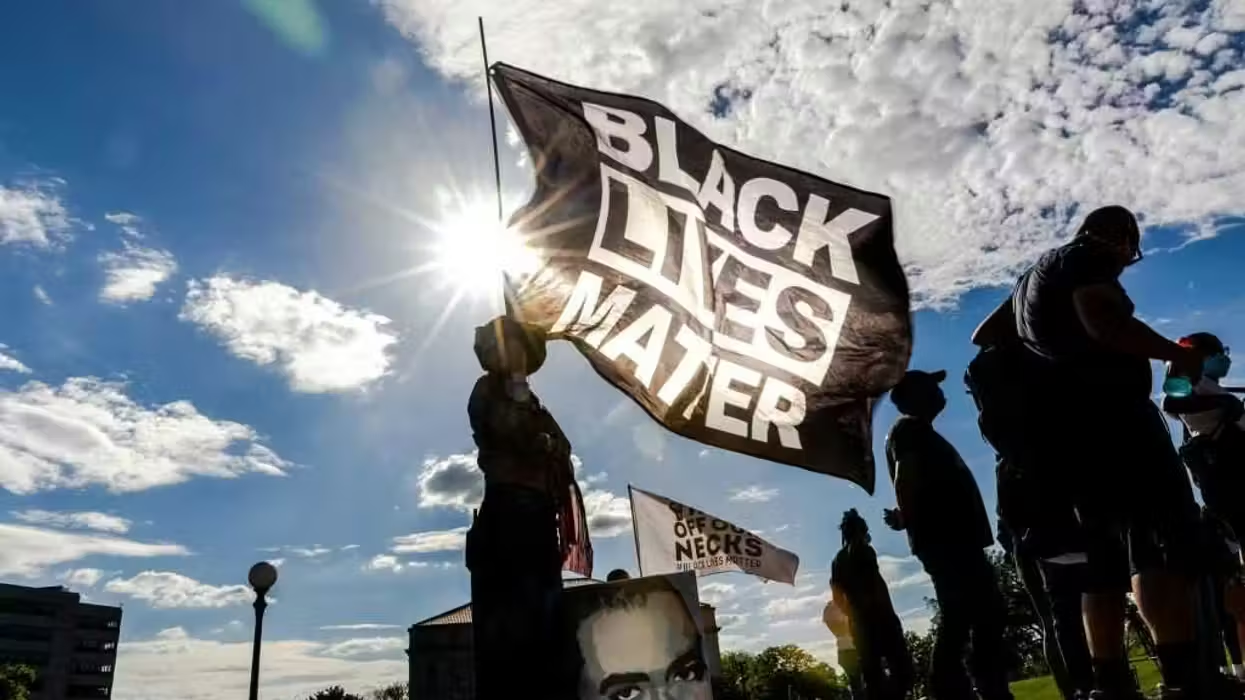During a joint White House press conference Friday, German Chancellor Angela Merkel – whose cellphone was reportedly targeted by U.S. intelligence – confronted the the National Security Agency data gathering in a diplomatic but direct way.
 President Barack Obama and German Chancellor Angela Merkel arrive for their joint news conference in the Rose Garden of the White House in Washington, Friday, May 2, 2014. Obama and Merkel are putting on a display of trans-Atlantic unity against an assertive Russia, even as sanctions imposed by Western allies seem to be doing little to change Russian President Vladimir Putin's reasoning on Ukraine. (AP Photo/Charles Dharapak) AP Photo/Charles Dharapak
President Barack Obama and German Chancellor Angela Merkel arrive for their joint news conference in the Rose Garden of the White House in Washington, Friday, May 2, 2014. Obama and Merkel are putting on a display of trans-Atlantic unity against an assertive Russia, even as sanctions imposed by Western allies seem to be doing little to change Russian President Vladimir Putin's reasoning on Ukraine. (AP Photo/Charles Dharapak) AP Photo/Charles Dharapak
“We addressed issues that have a bearing on the work of the intelligence services here,” Merkel said. “Let me underline yet again for the German side, we have always enjoyed a very close cooperation with our American partner on this front. and anyone in political responsibility is more than aware, looking at the challenges of the modern world today, and that obviously in fighting terrorism, the work of the intelligence services is not only important, it is, indeed, indispensable.”
But she added that the two countries still have disagreements to work through.
“There are differences of opinion on what sort of balance to strike between the intensity of surveillance, of trying to protect the citizens against threats, and on the other hand, protecting individual privacy and individual freedom. and that will require further discussion between our two countries in order to overcome these differences of opinion,” Merkel added.
Last October, news reports first surfaced that the NSA may have targeted Merkel's cell phone based on information from former NSA contractor turned leaker Edward Snowden. A Merkel spokesman said the chancellor found this “completely unacceptable.” The White House responded that it was not monitoring Merkel's phone calls.
“It has pained me to see the degree to which the Snowden disclosures have created strains in the relationship, but more broadly, I've also been convinced for a very long time that it is important for our legal structures and our policy structures to catch up with rapidly advancing technologies,” President Barack Obama said in the joint press conference in the Rose Garden Friday.
Obama said the new measures won't just protect the privacy of Americans.
“What I've also done is taken the unprecedented step of ordering our intelligence communities to take the privacy interests of non-U.S. persons into account in everything that they do,” Obama said. “Something that's not been done before and most other countries in the world do not do. What I have said is the privacy interests of non-U.S. citizens are deeply relevant and have to be taken into account and we have to have policies to protect them, not just U.S. persons, and we are in the process of implementing a whole series of those steps. we have shared with the Germans the things that we are doing.”
“Ordinary Germans are not subject to continual surveillance, are not subject to a whole range of bulk data gathering,” the president continued. “I know that the perceptions I think among the public sometimes are that, you know, the United States has capacities similar to what you see on movies and in television. The truth of the matter is that our focus is principally and primarily on how do we make sure that terrorists, those who want to proliferate weapons, transnational criminals, are not able to engage in the activities they're engaging in.”

 President Barack Obama and German Chancellor Angela Merkel arrive for their joint news conference in the Rose Garden of the White House in Washington, Friday, May 2, 2014. Obama and Merkel are putting on a display of trans-Atlantic unity against an assertive Russia, even as sanctions imposed by Western allies seem to be doing little to change Russian President Vladimir Putin's reasoning on Ukraine. (AP Photo/Charles Dharapak) AP Photo/Charles Dharapak
President Barack Obama and German Chancellor Angela Merkel arrive for their joint news conference in the Rose Garden of the White House in Washington, Friday, May 2, 2014. Obama and Merkel are putting on a display of trans-Atlantic unity against an assertive Russia, even as sanctions imposed by Western allies seem to be doing little to change Russian President Vladimir Putin's reasoning on Ukraine. (AP Photo/Charles Dharapak) AP Photo/Charles Dharapak






